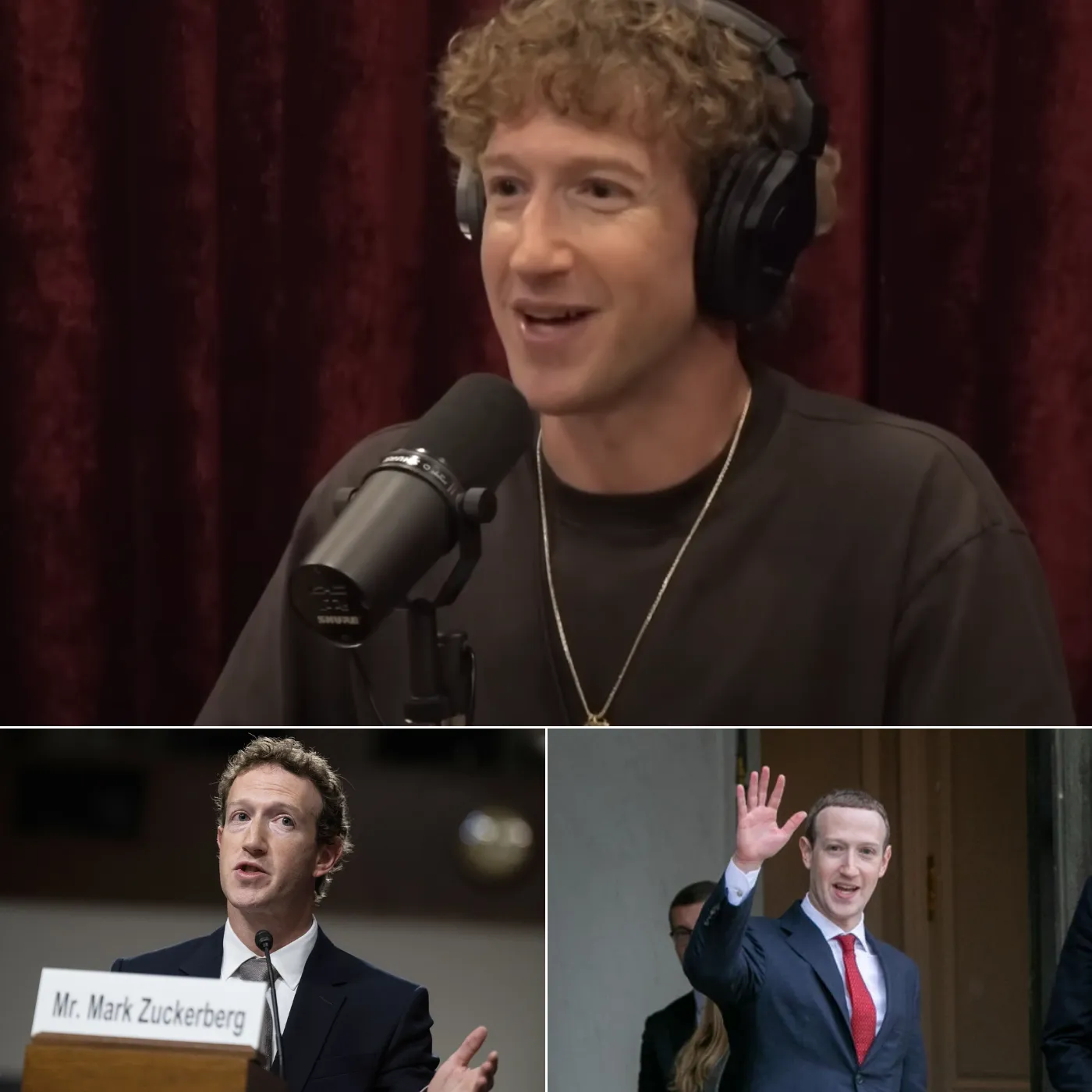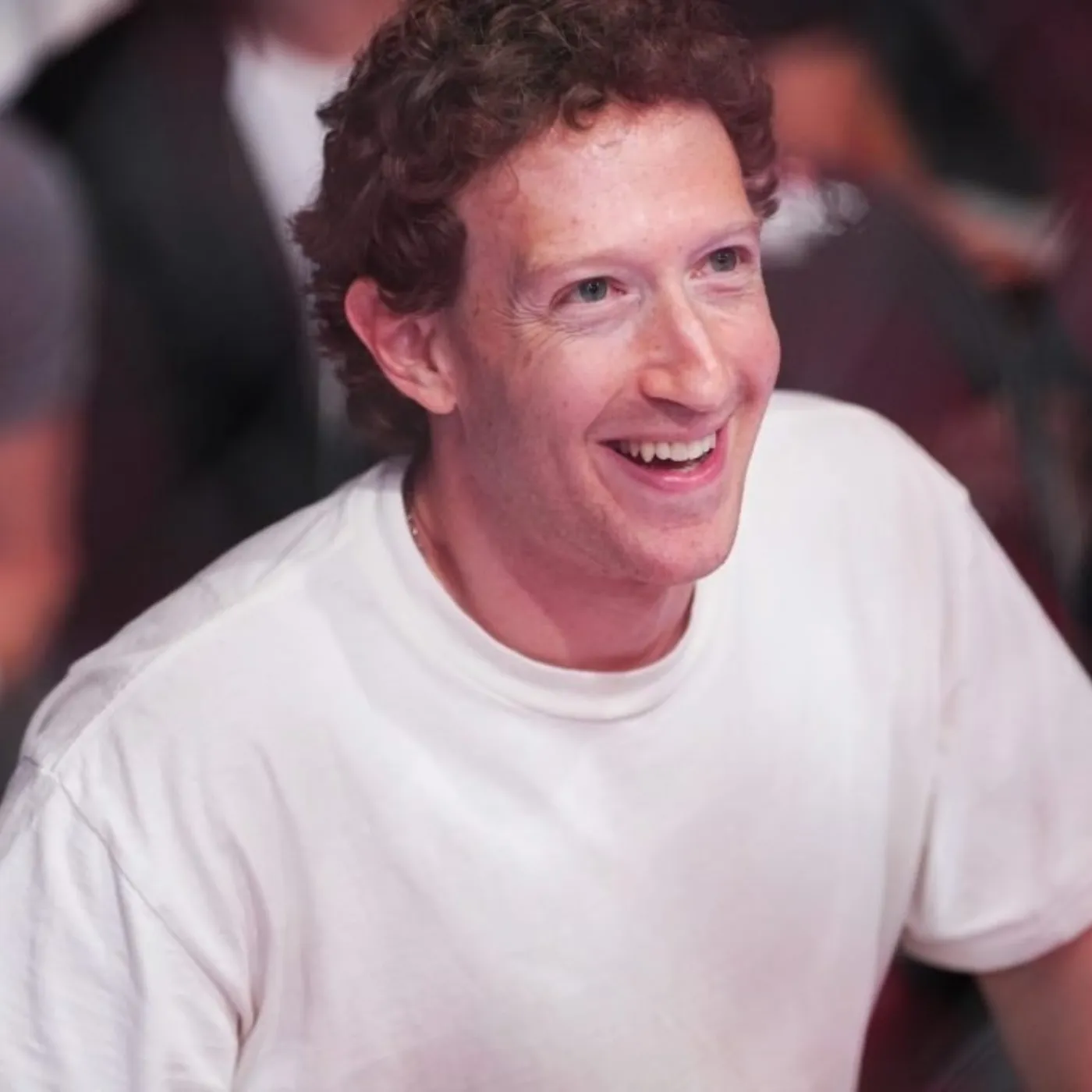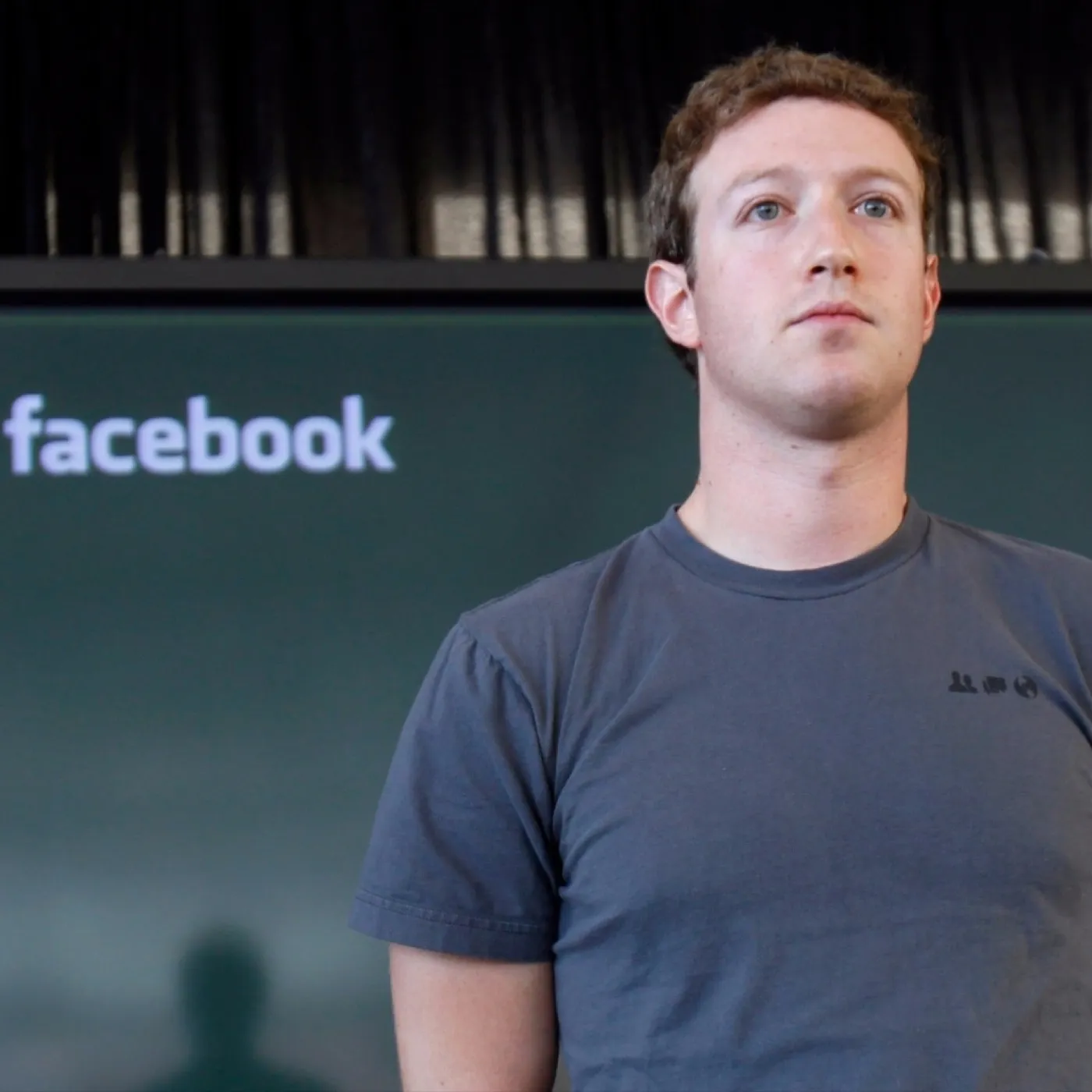

The End of Programmers? Mark Zuckerberg Signals AI Takeover in 2025
The future of software development is shifting rapidly. Mark Zuckerberg has just announced that Meta will significantly reduce its reliance on human programmers starting in 2025. The company is heavily investing in artificial intelligence to take over much of the coding work, fundamentally transforming the tech industry.
This isn’t just an isolated move by Meta. Major technology corporations are quietly following the same strategy. If AI can now perform at the level of a mid-tier software engineer, as Zuckerberg claims, then what role will human programmers play in the future?
Artificial Intelligence Becomes the New Programmer at Meta
In a conversation with Joe Rogan, Mark Zuckerberg shared his vision for integrating AI into software development.
According to him, AI is now capable of writing code at the level of a mid-level engineer. For Meta, the benefits are clear:
- Reducing personnel costs, as top engineers can earn up to $500,000 per year
- Accelerating product development, allowing for faster testing and deployment
- Optimizing efficiency, minimizing human errors
However, a critical issue arises: who will oversee and correct AI-generated code? Even the most advanced AI models are prone to serious errors, meaning that human oversight remains crucial in ensuring accuracy and security.
Tech Giants Are Following Meta’s Lead
Meta is not the only company adopting AI-driven automation. Several major corporations are implementing similar strategies.
- Salesforce has announced that it will halt hiring new programmers by 2025 and instead focus on AI-assisted development.
- Klarna recently cut its workforce by 22%, explaining that AI can now handle a significant portion of tasks previously performed by human engineers.
The goal is evident: maximize efficiency while reducing operational costs. Estimates suggest that replacing a human programmer with AI could save companies between $100,000 and $900,000 per year.
This raises a crucial question: If AI can automate coding, what other tech industry roles might be at risk?
Are programmers being replaced, or is their role evolving?
As AI-driven automation becomes more sophisticated, software engineers are facing a pivotal moment.
Mark Zuckerberg insists that AI will not completely eliminate programming jobs but rather shift developers’ focus toward more strategic and creative tasks. Instead of writing code themselves, programmers will take on roles such as:
- Overseeing AI-generated code
- Refining and optimizing algorithms
- Focusing on high-level software architecture
However, history has shown that automation often leads to job displacement. While AI is currently most effective at handling repetitive coding tasks, there is a risk that entry-level and mid-level programming positions will gradually disappear, leaving only a small number of highly specialized roles available.

Automation Extends Beyond the Programming Industry
AI is not just replacing programmers—it has the potential to transform many other industries as well.
- Cybersecurity: AI can detect security vulnerabilities faster than human analysts
- Content creation: AI is now capable of writing news articles and marketing materials autonomously
- Data science: AI-powered tools are replacing human data analysts with advanced machine learning algorithms
Tech companies are investing billions of dollars into artificial intelligence, preparing for a massive workforce transformation. However, this shift also raises serious ethical and societal concerns:
- Will AI introduce biases in software development?
- Who will regulate and control AI-generated code if AI becomes the primary software engineer?
- Will this transformation widen economic inequality between those who develop AI and those affected by its implementation?
These questions highlight the fact that AI is not just changing how we work—it is also reshaping fundamental issues of ethics, policy, and economics.
2025: A Turning Point for the Tech Industry
The automation of programming with AI is no longer a distant possibility—it is already happening.
- Tech companies are rapidly reducing their need for human programmers
- AI is approaching the capability of becoming a fully autonomous software engineer
- The economic benefits of cutting human labor costs are driving this transition faster than expected
The most pressing question now is:
Will programmers be entirely replaced, or will they adapt to work alongside AI?
The future of the tech industry is being rewritten—one line of code at a time.
The Inevitable AI Takeover: What Comes Next for Human Programmers?
As artificial intelligence continues to advance, the debate over the future of human programmers intensifies. While Mark Zuckerberg and other tech leaders claim that AI will simply enhance the role of engineers, history suggests that automation often leads to job displacement rather than job evolution.
The shift toward AI-generated code presents a fundamental transformation in the software development industry. Instead of companies needing large teams of developers, AI-driven models may soon handle the bulk of coding tasks, with only a handful of human specialists overseeing the process. This could lead to a dramatic reduction in job opportunities for junior and mid-level programmers, making it far more difficult for newcomers to break into the tech industry.

The New Role of Software Engineers in an AI-Dominated World
If programmers are to survive this transition, they must adapt to new roles. Rather than spending their days writing thousands of lines of code, developers may shift toward:
- AI Model Supervision: Ensuring AI-generated code is efficient, secure, and free of errors
- Algorithm Optimization: Training AI models to produce better, more reliable software solutions
- Cybersecurity and Ethical AI Governance: Preventing AI from introducing security vulnerabilities or biased decision-making
These roles will require a new set of skills, meaning that programmers who fail to evolve may find themselves completely replaced by AI within the next decade.
A Broader Impact on the Global Workforce
The tech industry is just the first sector to experience mass AI adoption, but other industries are following closely behind. AI automation is already affecting fields such as:
- Finance: AI is taking over tasks previously handled by financial analysts
- Healthcare: AI-driven diagnostics are replacing the need for human radiologists
- Marketing: AI-generated content is cutting the demand for human writers
As more industries embrace automation, we could see an economic shift where millions of jobs become obsolete. Those who fail to upskill may struggle to remain relevant in an AI-driven world.
The Future is Here—Are We Ready?
2025 may be the year that AI takes over software development, but this is only the beginning. The question is no longer if AI will replace human workers but rather how quickly it will happen.
Are we prepared for the biggest technological disruption in modern history? The answer may determine the future of work itself.

















